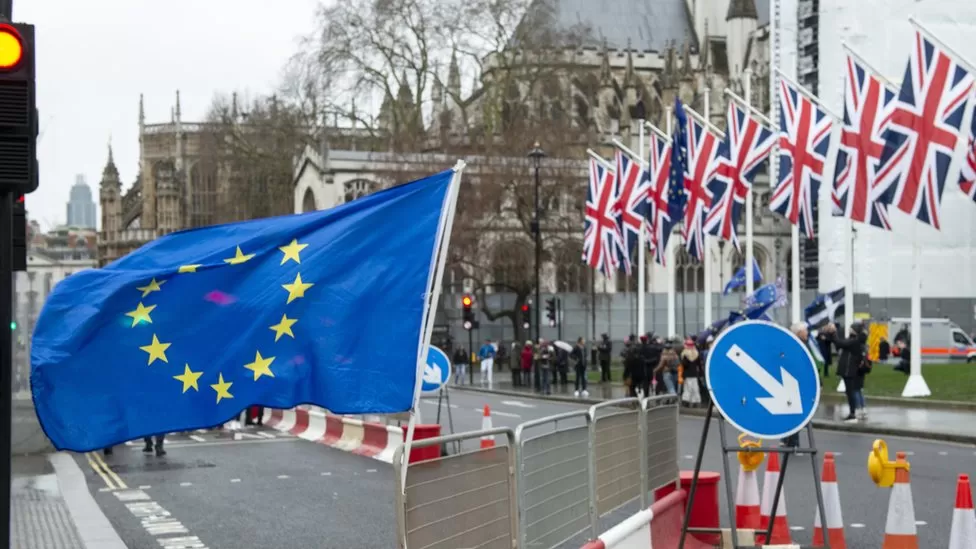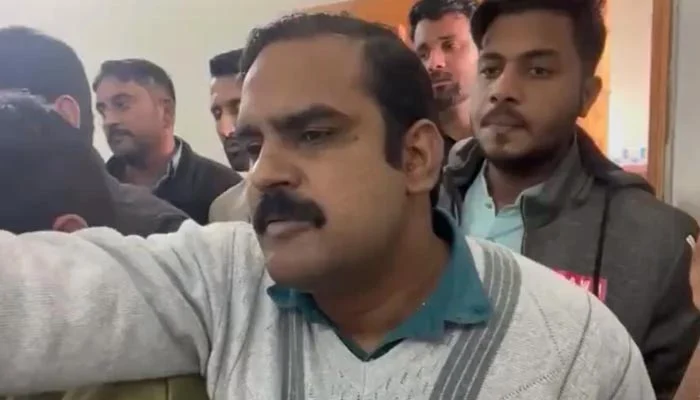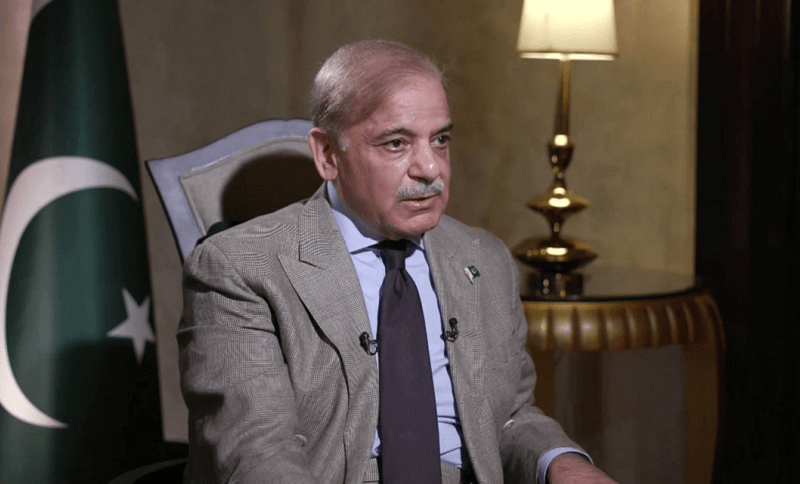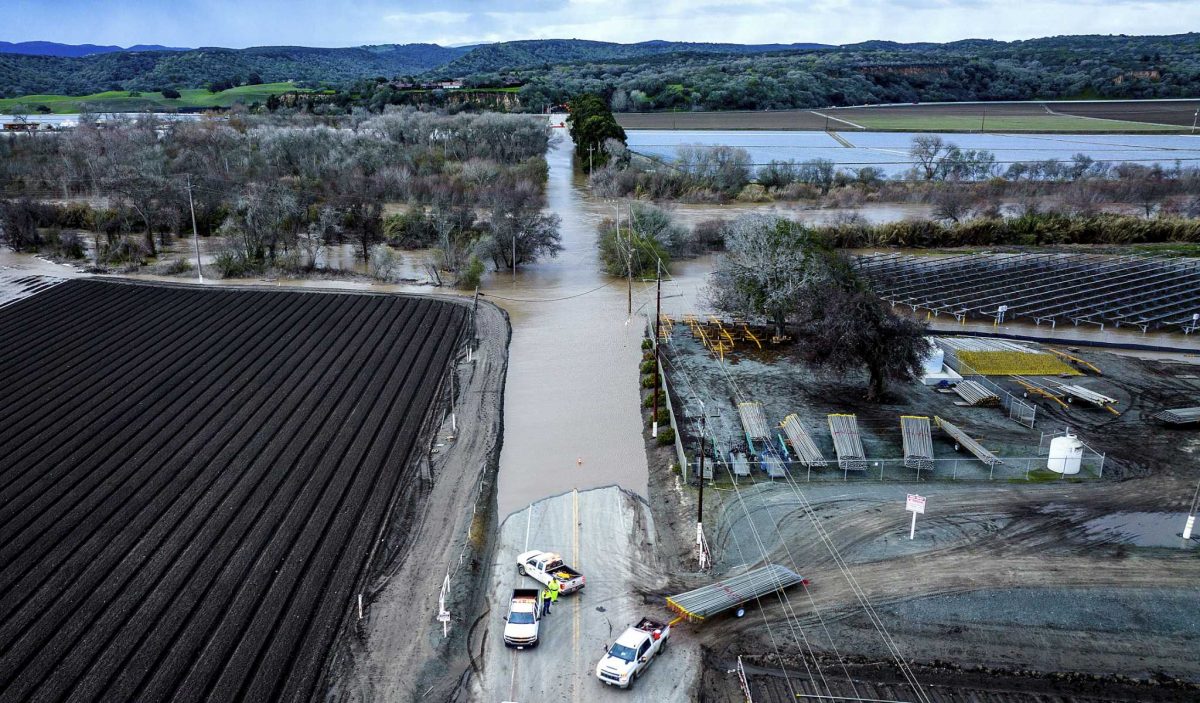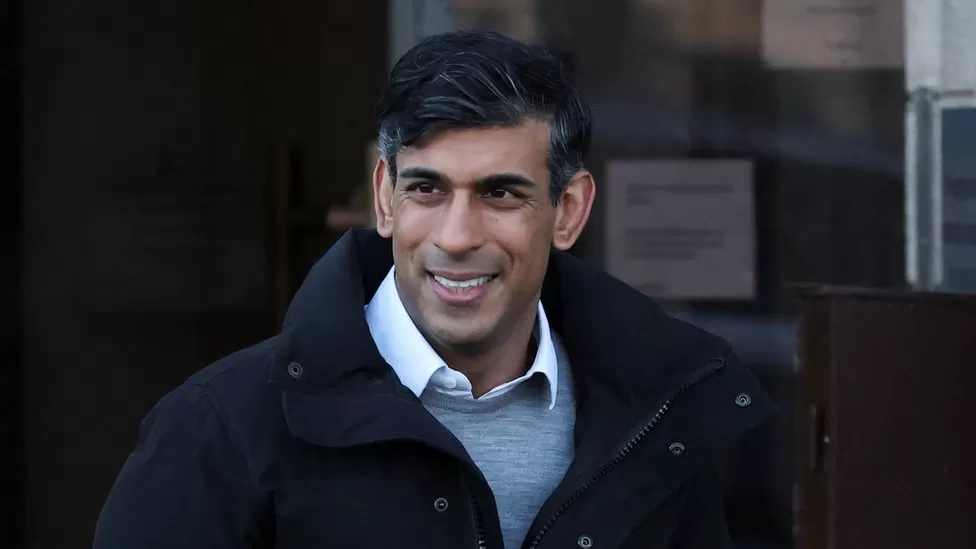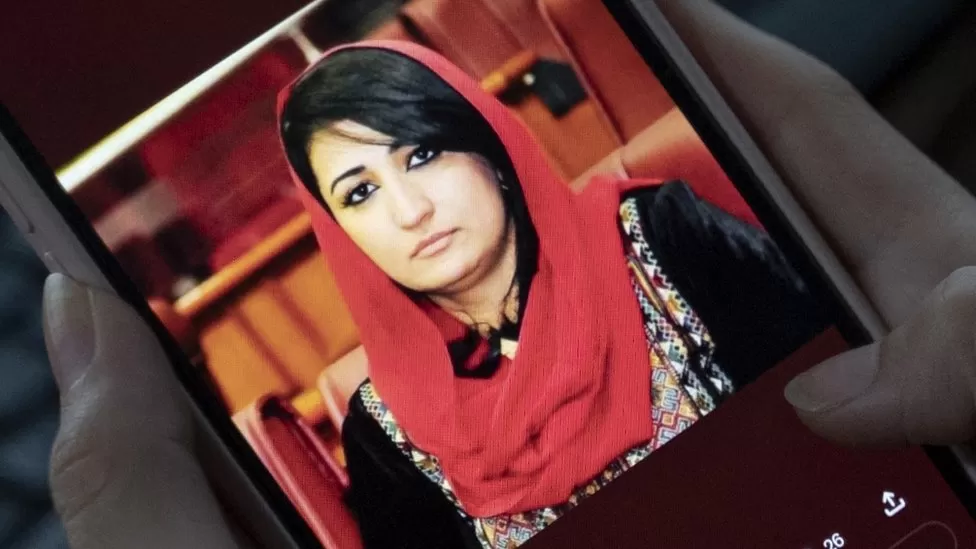KARACHI/HYDERABAD/ISLAMABAD: Amid rigging claims by the political parties due to the slow announcement of results in Karachi, Pakistan Peoples Party (PPP) was leading in Hyderabad local government (LG) elections and for the first time was in a position to appoint its mayor in Sindh’s second-largest city, unofficial results showed on Monday.
So far, results of Karachi’s 70 union committees (UCs) have been released out of 246.
PPP emerged victorious on 37 UCs, Pakistan Tehreek-e-Insaf (PTI) has secured 14, Jamat-e-Islami 14 while Tehreek-e-Labbaik (TLP) and Jamiat Ulama-e-Islam (JUI-F) claimed victory in two UCs each, while an independent candidate has one won seat.
Meanwhile, PTI suffered a setback in Karachi local bodies polls when Khurram Sher Zaman — who was considered the party’s candidate for the top slot of the mayor — lost to PPP’s Najmi Alam in Saddar.
However, the initial results of the much-delayed local body election’s second phase in Karachi could not be finalised even past midnight despite the polling process ending at 5pm, political parties started claiming that “rigging is underway in the metropolis”.
The voting kicked off at 8am and continued uninterrupted, with reports of sporadic clashes. However, several confrontations were also reported even after the polling process ended.
The parties seemingly did not respond strongly to the clashes, however, later on, claims were made that the Sindh government and the Election Commission of Pakistan (ECP) were involved in delaying the release of results.
As hundreds of thousands of people headed to vote in a bid to elect their local representatives, many political parties had also earlier complained and demanded the ECP to increase the polling time as the process began late at some of the stations — which was accepted in some polling stations.
At first, JUI-F — an ally of the Pakistan Peoples Party (PPP) — and JI alleged that the Sindh government had used delaying tactics by not ensuring that the polling officers reach the stations on time.
“Everything has been pre-decided and they have just staged the elections for a show,” JUI-F’s Karachi leader Qari Usman alleged while speaking to reporters in the metropolis.
When the day began to pass and results stopped coming in, JI Karachi Emir Hafiz Naeem Ur Rehman alleged that rigging was underway in the metropolis as he castigated both — the ECP and Sindh government.
Analysts said that despite the process of elections being the responsibility of the election commission, it would raise questions if the PPP wins the polls in Karachi since it is the ruling party.
Furious JI
In response to the delay, Rehman directed the public to encircle polling stations across the city as he made claims of rigging in the process.
Addressing a presser at the Idarah Noor-e-Haq, the JI’s mayoral candidate said that “it is the party’s constitutional, democratic, and legal right” to be provided numbers of their election results.
However, the JI’s senior leader said Chief Election Commissioner Sikandar Sultan Raja and the secretary of the Election Commission of Pakistan (ECP) had issued clear orders to provide Forms 11 and 12, “which are not being followed”.
The JI leader stressed that while he would congratulate successful candidates in the local body polls and encourage those who had lost, the party won’t allow the hijacking of people’s mandate.
Sindh and ECP’s defence
While talking to Geo News, Sindh Election Commissioner Ejaz Anwar Chauhan said that the results are taking time as each returning officer has five UCs and results are being manually compiled as the RTS system wasn’t used in the elections.
The official said that the results from all polling stations are reaching the offices of the ROs. He added the process is tedious and complicated as it takes time to develop a UC’s result.
The election commissioner, explaining the process, said that every UC has four wards and an average of 20 polling stations. The result of a UC is not complete even if results from a single polling station are not received.
In response, Sindh government spokesperson Murtaza Wahab said the JI and Rehman’s politics revolves around protests and sit-ins — explaining the party’s recent protests against the provincial administration.
“When the results started trickling in, the losers began their bid to escape,” the Sindh government spokesperson told Geo News via telephone.
“Till yesterday, Jamaat-e-Islami was calling on [ECP and provincial government] to hold elections, but now, when the results are coming in, the party’s now talking about protests,” he said.
Later in a statement, Wahab also expressed concerns over the delay in the release of the forms and asked the election commission to ensure that they are issued on time. A similar concern was raised by PPP leader Saeed Ghani.
But at the same time, apart from Ghani and Wahab, Sindh Local Government Minister Nasir Hussain Shah also claimed that PPP would emerge victorious and the next mayor of Karachi would be from his party.
In a letter after the claims emerged, ECP Deputy Director Sajjad Khattak directed the district returning officers (DROs) to ensure that the “complaints of the parties are addressed”.
“I am directed to say that this office has received various complaints from different political parties and candidates that the presiding officers are not giving copies of Form 11 and Form 12 to their polling agents present at polling stations,” the letter said.
The deputy director asked the DROs to direct all the presiding officers under their jurisdiction through their relevant returning officers to ensure that the copies of the “forms are accordingly handed over to all the polling agents present at the polling station.
PTI’s ‘mayor’
In his tweet, former Sindh governor and PTI leader Imran Ismail said that his party has emerged victorious in the polls and thanked the Karachiites for their “support”.
“Imran Khan will announce the next mayor,” Ismail added.
PPP’s surprise in Hyderabad
Meanwhile, PPP has won 27 out of 160 union committees of nine towns of Hyderabad Municipal Corporation (HMC) while PTI emerged victorious on nine UCs, JI on one and one independent candidate won, according to unofficial and inconclusive results.
For the first time in history, the PPP is now in a position to win the post of mayor of the second-largest city of the province; it is already leading on 31 seats of chairmen and vice chairmen. With results of 58 seats pending, the PPP needs 23 more seats to have its mayor.
The HMC consists of nine town committees having a total of 160 union councils with four wards in each UC.
Likewise, 124 ward councillors from PPP, five from MQM-P, four from PTI, one each from Qaumi Awami Tehreek and TLP besides eight independents have emerged victorious uncontested.
The polling on five seats of chairmen and vice chairmen and six of general ward members had been postponed because of the deaths of contesting candidates, while three seats of general ward members are vacant with no contestant.
In district Jamshoro, PPP faced some upsets in Jamshoro, Kotri, Sann and Mehar, while the Mirza group was completely wiped out from district Badin.
Sources said PPP had maintained its winning streak across Badin, Matiari, Sajawal and other cities and towns.
Polling
Around 8,706 polling stations were set up for the local body polls with 1,204 for males and 1,170 for females in the two divisions — Karachi and Hyderabad. Out of the total polling station, over 8,000 were declared as “sensitive” or “highly sensitive.”
It is pertinent to mention here that 830 candidates — seven in Karachi and 823 in Hyderabad — have been elected unopposed in the two divisions.
In Hyderabad, 6,774 candidates contested for 1,675 seats of chairmen, vice chairmen of union councils/union committees, and the general wards.
While in Karachi, 9,058 candidates are in the race for 246 seats of chairman, vice chairman, and general member.


